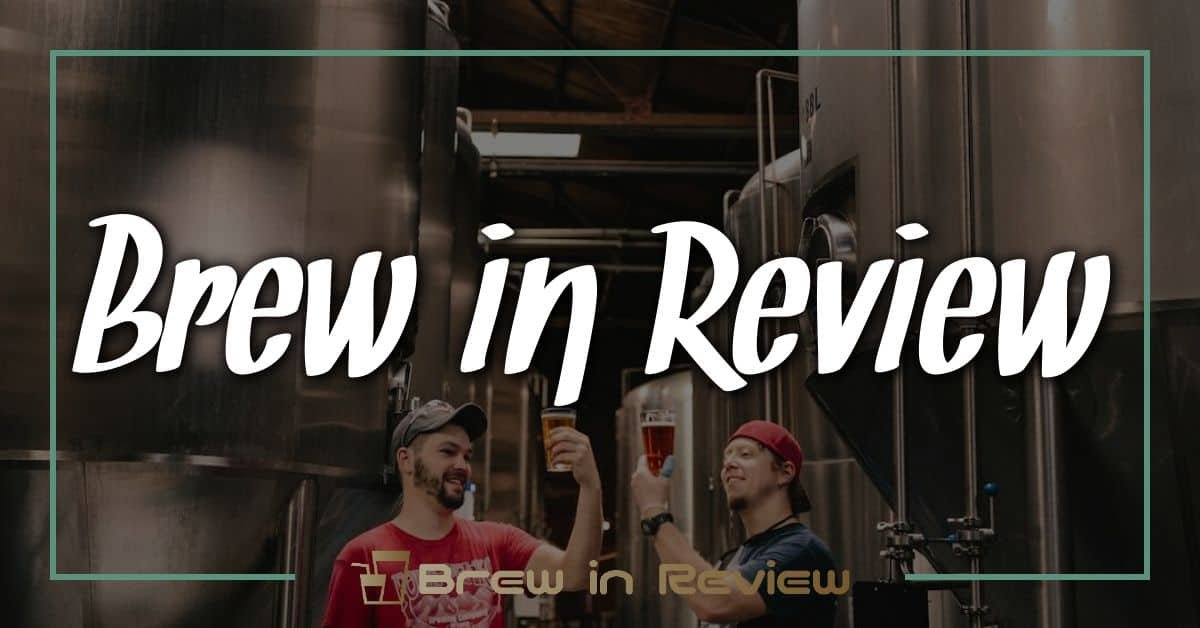As a beer lover, I can’t help but feel a bit concerned about how climate change is impacting my favorite brews. It’s not just the taste that’s at stake; the entire brewing process—from the grains to the hops—is affected by rising temperatures and shifting weather patterns. But don’t worry, there’s hope!
Overview of Beer and Climate Change
Climate change poses significant challenges to the brewing industry. Rising temperatures impact the growth cycles of essential ingredients, like grains and hops. For instance, barley, a key grain used in beer production, thrives in specific temperature ranges. As temperatures rise, yields may decline, leading to narrower supply chains and higher costs.
Changing precipitation patterns also affect water availability and quality. Water serves as a crucial component in brewing, and any fluctuations in its source can compromise the brewing process. While these challenges might seem daunting, they also encourage innovation in brewing techniques and sustainable practices.
Adaptation strategies are essential for brewers. Many breweries are investing in research to cultivate more resilient crop varieties. By selecting drought-resistant barley or incorporating native hop varieties, brewers can remain flexible in the face of climate uncertainties.

Moreover, some brewers are adopting renewable energy sources. Utilizing solar or wind power not only reduces carbon footprints but also can lead to cost savings in the long run. Engaging in water conservation practices ensures that brewers maximize their resources while minimizing environmental impacts.
Ultimately, the brewing community embraces these challenges as opportunities for growth and creativity. As a passionate brewer and home brewer, I believe that with innovation and sustainable choices, the future of beer remains bright, even amidst the complexities of climate change.
Effects of Climate Change on Beer Production
Climate change significantly impacts beer production by altering the environment in which our key ingredients grow. Both temperature changes and water supply issues present challenges that I, as a brewer, closely monitor.
Temperature Changes
Temperature changes directly affect the growth cycles of barley and hops. As average temperatures rise, these crops may mature earlier, leading to shifts in harvest times. I notice that warmer weather can reduce yields, making it harder to source quality ingredients consistently. With some varieties struggling to thrive in elevated temperatures, growers adapt by experimenting with more heat-resistant strains. These adaptations are essential for maintaining the flavor profiles and characteristics that distinguish different beer styles.
Water Supply Issues
Water supply issues arise as climate change alters precipitation patterns and causes droughts in various regions. Water availability becomes unpredictable, impacting both crop irrigation and brewing processes. I prioritize sourcing water from sustainable systems, as quality matters immensely in brewing. Many breweries invest in water conservation strategies like rainwater harvesting and recycling within the brewing process. These practices not only minimize waste but also ensure that we can continue brewing exceptional beer while respecting our environment.
Adaptation Strategies for Breweries
As a professional brewer and an enthusiastic home brewer, I see the value in implementing effective strategies to adapt to climate change. Brewers can play an important role in safeguarding their craft and resources.
Sustainable Farming Practices
Sustainable farming practices significantly enhance ingredient resilience. Collaborating with local farmers promotes diverse cropping systems, minimizes pesticide use, and strengthens soil health. I prioritize sourcing grains and hops from farms that use organic methods and regenerative agriculture techniques. This approach not only supports a healthy ecosystem but also fosters stronger relationships within the brewing community. Participating in initiatives such as crop rotation or intercropping helps bolster biodiversity, ensuring consistent supply and quality of ingredients.
Energy Efficiency Improvements
Energy efficiency improvements in brewing operations reduce environmental footprints and cut costs. Upgrading equipment to energy-efficient models can lead to substantial savings. For example, installing heat exchangers optimizes energy use during the brewing process. I also advocate for using renewable energy sources, such as solar or wind power, to lessen reliance on fossil fuels. Implementing energy audits regularly identifies further opportunities for reducing energy consumption throughout the brewery. These changes lead to improved operational efficiency while promoting sustainability, which resonates with customers who value eco-friendly practices.
Consumer Tips for Climate-Conscious Beer Enjoyment
As a passionate brewer, I know the importance of making conscious choices when it comes to enjoying beer. Supporting local and sustainable practices helps combat climate change while enhancing the beer experience.
Choosing Local Breweries
I often prioritize local breweries for several reasons. One advantage is reduced carbon emissions from transportation. Local breweries typically source ingredients from nearby farms, ensuring fresher beer and supporting the local economy. Additionally, many local brewers focus on sustainable practices, like water conservation and energy efficiency. By choosing local, consumers can enjoy unique flavors reflected in regional ingredients, creating a deeper connection with their community.
Supporting Sustainable Brands
Supporting sustainable beer brands is crucial. I look for breweries that implement eco-friendly practices, such as utilizing renewable energy or reducing water usage. Many of these brands commit to sustainable agriculture and responsible sourcing of ingredients. I appreciate brands that experiment with innovative brewing techniques to minimize environmental impact, such as upcycling leftover grains or utilizing local wild yeast strains. Engaging with these brands not only enhances my beer experience but also contributes to a healthier planet.
Embracing sustainable choices means I can enjoy my love for beer while being mindful of its environmental impact.
Conclusion
The future of beer might seem uncertain with the challenges posed by climate change but there’s a silver lining. I truly believe that through innovation and sustainability, we can keep enjoying our favorite brews. By supporting local breweries and making conscious choices, we not only savor unique flavors but also contribute to a healthier planet.
It’s inspiring to see the brewing community come together to tackle these issues head-on. As we embrace sustainable practices and support eco-friendly brands, we can enjoy our beer with a clear conscience. Let’s raise a glass to a resilient brewing industry and a more sustainable future. Cheers!
